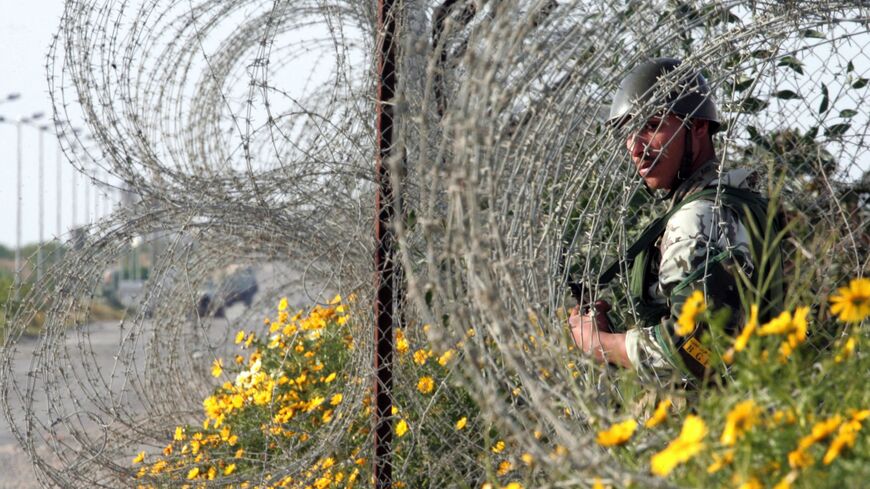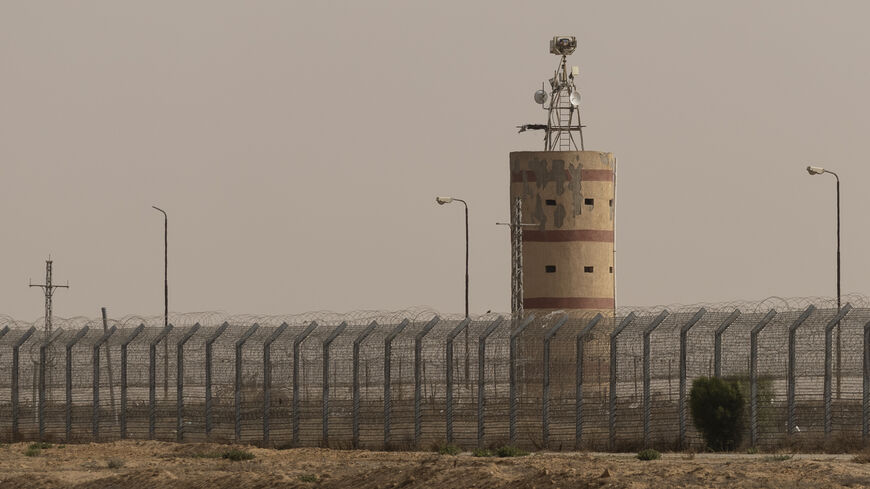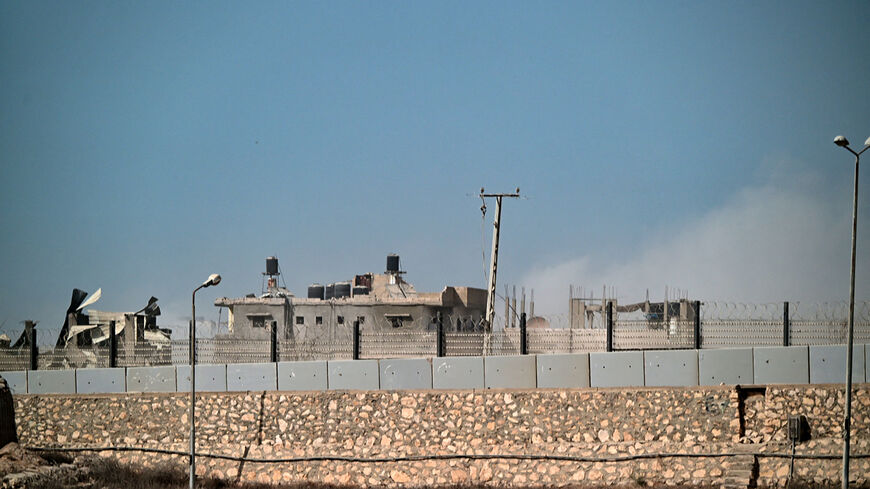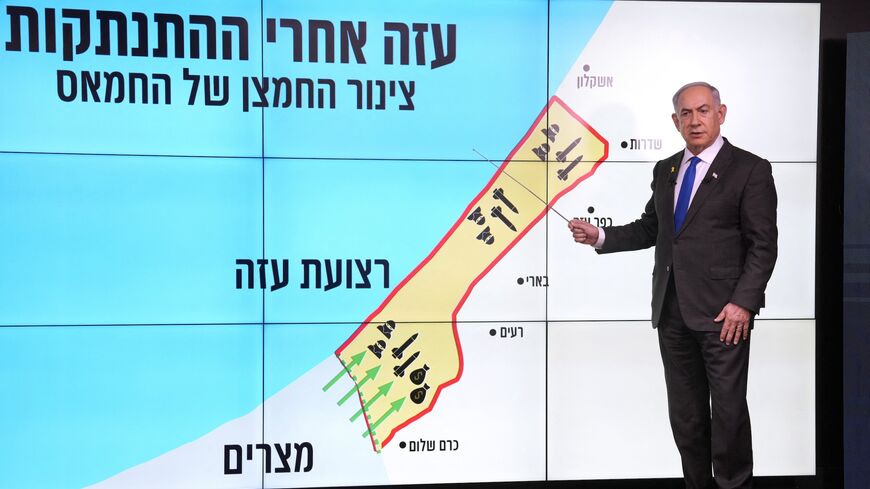Three obstacles remain as Egypt, Israel make progress on Philadelphi Corridor
Gaps between Israel and Egypt over the complicated issue of the Philadelphi Corridor are reportedly closing ahead of a Sunday summit in the Egyptian capital on a hostage release and Gaza cease-fire deal.

Israel and Egypt are getting closer to resolving disagreements over the future control of the Philadelphi Corridor along the Egyptian border with Gaza and the Rafah crossing point.
Israel’s public broadcaster Kan quoted on a senior Israeli official as saying Friday that "the gaps between the parties have narrowed."
The official spoke after the return from Cairo of an Israeli delegation including Mossad chief David Barnea, Shin Bet chief Ronen Bar and Israeli military strategic affairs head Gen. Eliezer Toledano. The Israeli team met in the Egyptian capital with Biden administration envoy Brett McGurk and chief of Egypt's General Intelligence Service Abbas Kamel in an effort to resolve the issue of the Philadelphi Corridor, one of the main obstacles to reaching a deal with Hamas that would see the liberation of the hostages and a cease-fire in Gaza.
White House national security spokesperson John Kirby said Friday that talks in Cairo have been "constructive" and some progress has been made. Calling for all sides to work together and for Hamas to take part in the talks, Kirby told reporters, "We're in Cairo. They're in Cairo. We need Hamas to participate, and we need to get down to the brass tacks of locking in these details. And that's what we're focused on here, in the next coming days here, over the course of the weekend.”
Other outstanding issues
In order to reach a deal, Israel must secure an agreement with both Egypt and Hamas over the border with Gaza. Other obstacles include three key demands from Israel. The first is a mechanism that would prevent militants from moving from southern Gaza to the north of the Strip. The second is Israel receiving ahead of the cease-fire the names of the hostages to be released from Gaza, and the third is an Israeli veto right over the names of the Palestinian prisoners to be exchanged with the hostages. Hamas has so far rejected all three demands.
Israeli Prime Minister Benjamin Netanyahu has been opposing Egypt and Hamas’ ask for a full withdrawal of Israeli troops from the Philadelphi Corridor, insisting that Israel must maintain military control over the area. According to Netanyahu, without Israeli control, Hamas will continue smuggling arms from Egypt into the Gaza Strips via tunnels running under the corridor.
The unnamed Israeli official told Kan that Thursday’s talks in Cairo were constructive and that Egypt is expected to deliver the documents discussed during the meeting on Saturday to Hamas after refusing to do so earlier this week. The official added that the teams are preparing for the summit set to take place on Sunday in Cairo with the participation of CIA chief William Burns and Qatari Prime Minister Mohammed al-Thani, but stressed it is unclear for the moment whether Hamas representatives will also show up in the Egyptian capital.
According to Walla, on Thursday the Israeli team presented their Egyptian and American counterparts maps outlining an updated proposal for a reduced military presence in the Philadelphi Corridor. The maps suggest some flexibility compared with Israel’s previous position of maintaining full military control of the corridor. According to Kan, Netanyahu agreed recently to a full withdrawal of Israeli troops from the Philadelphi Corridor in the second of three phases of the potential deal with Hamas, but Egypt insists on their full withdrawal in the first phase.
After the negotiating team returned Thursday night, Netanyahu convened a meeting of the security cabinet to discuss the results of the talks. After the meeting, Netanyahu held security consultations with Defense Minister Yoav Gallant, Strategic Affairs Minister Ron Dermer and Foreign Minister Israel Katz. These consultations went until 3:00 Friday morning, reported Kan.
Former Israeli ambassador to Egypt Haim Koren, who is currently a lecturer at Reichman University, told Al-Monitor that Cairo’s main concern is pressure to allow Gazans to enter Egyptian territory. "In this current situation, with the threat of Gaza refugees, Cairo is stressing its sovereignty over the border area, which is why it insists on the future control of the Philadelphi corridor and the Rafah crossing," he said.
The former ambassador noted that the uncovering by the Israeli military of many large tunnels running under the corridor has embarrassed Egypt. "Only discrete talks between the sides, without accusations against Cairo, can bring Egypt and Israel to agree on these two points," Koren said.







